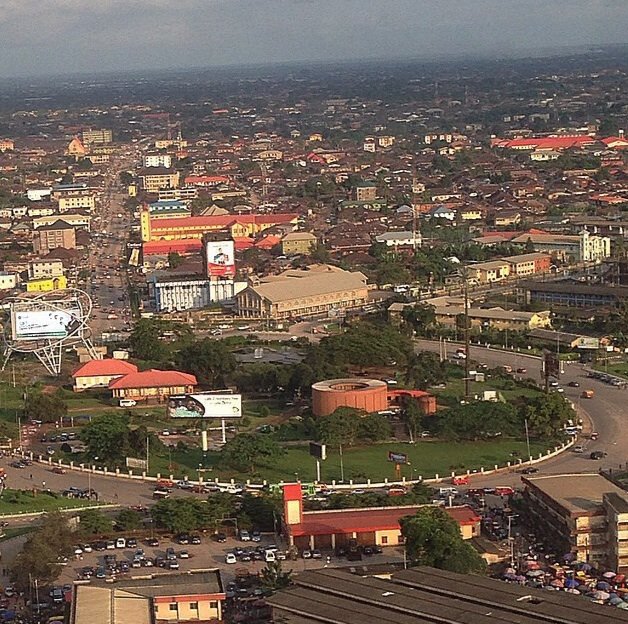Location and Surface Area
Benin, officially known as the Republic of Benin, is a country located in West Africa. It is bordered by Nigeria to the east, Togo to the west, Burkina Faso and Niger to the north, and the Atlantic Ocean to the south. With a total land area of approximately 114,763 square kilometers, Benin offers a diverse landscape that ranges from sandy beaches along the coast to savannahs and plateaus in the north.
Climate
Benin experiences a tropical climate, characterized by two main seasons – a wet season and a dry season. The wet season usually occurs from April to October, with heavy rainfall and high humidity. The dry season, from November to March, brings cooler temperatures and less rainfall, making it an ideal time to visit.
Fauna and Flora
Benin boasts a rich biodiversity, with a variety of flora and fauna to explore. The country is home to several national parks and reserves, such as Pendjari National Park and W National Park, where visitors can spot elephants, lions, hippos, and numerous bird species. The lush vegetation includes tropical forests, mangroves, and baobab trees.
Attractions
Benin offers a range of attractions that showcase its cultural heritage and natural beauty. Cotonou, the largest city and economic hub, is known for its vibrant markets, such as Dantokpa Market, where visitors can immerse themselves in the local culture and find unique crafts and textiles. The historical city of Ouidah is famous for its connection to the African diaspora and the Route des Esclaves (Slave Route). Other must-visit destinations include the Royal Palaces of Abomey, Ganvie – the stilt village on Lake Nokoué, and the beautiful beaches of Grand-Popo.
Population and Languages
Benin has a population of approximately 12 million people. The official language is French, which is widely spoken, especially in urban areas. However, there are also several indigenous languages spoken throughout the country, including Fon, Yoruba, and Bariba.
Culture and Customs
Benin is known for its rich cultural heritage, with a blend of traditional African customs and influences from colonial history. Traditional music and dance, such as the energetic rhythms of the Gèlèdé mask dance, are an integral part of the cultural fabric. The country is also renowned for its intricate bronze and woodcarvings, which can be found in local markets and art galleries.
Hospitality
Benin is known for its warm and welcoming hospitality. Visitors can expect to be greeted with smiles and open arms, as the Beninese people take pride in their reputation for friendliness. Whether you’re exploring the bustling streets of Cotonou or venturing into the rural areas, you’ll often find locals eager to engage in conversation and share their culture.
Main Cities
In addition to Cotonou, Benin has several other notable cities worth exploring. Porto-Novo, the capital city, offers a glimpse into the country’s political and administrative center, with its colonial architecture and vibrant markets. Other major cities include Parakou, Abomey-Calavi, and Djougou, each with its own unique charm and attractions.
Airports and Airlines
Benin is served by several international airports, including Cotonou Cadjehoun Airport, which is the main gateway for international travelers. Other airports, such as Parakou Airport and Djougou Airport, cater to domestic flights. Various airlines, both international and regional, operate flights to and from Benin, providing convenient connections to destinations around the world.
Visa and Currency
Visitors to Benin typically require a visa, which can be obtained from Beninese embassies or consulates in their home country. It is advisable to check the specific visa requirements and apply in advance. The official currency of Benin is the West African CFA franc (XOF), which is widely accepted throughout the country.
Staying, Working, Studying, and Doing Business
Benin offers a range of accommodation options, from luxury hotels in urban centers to guesthouses and eco-lodges in more remote areas. For those interested in working or doing business in Benin, the country has made efforts to improve its business climate and attract foreign investment. Several universities and educational institutions provide opportunities for international students to study in Benin.
Whether you’re a visitor seeking cultural experiences, a business professional exploring opportunities, or a student looking for an enriching educational experience, Benin has much to offer. Its diverse landscapes, vibrant culture, and warm hospitality make it a destination worth discovering in West Africa.

